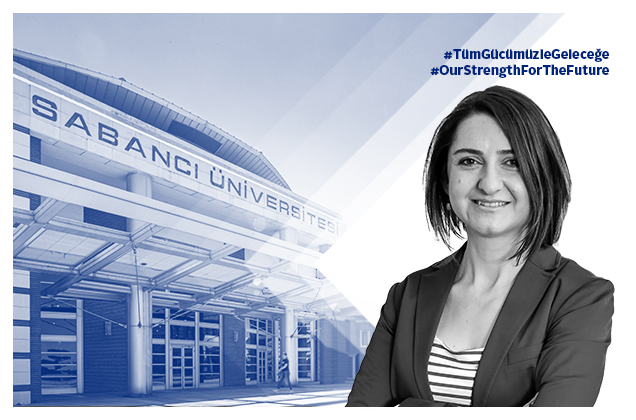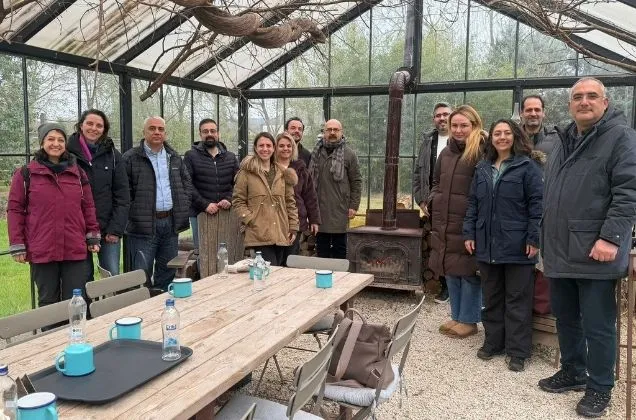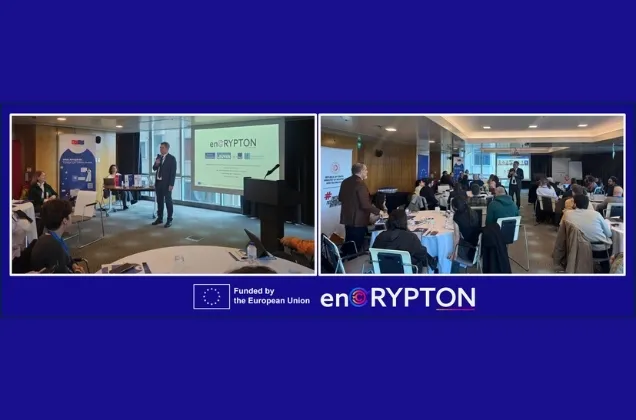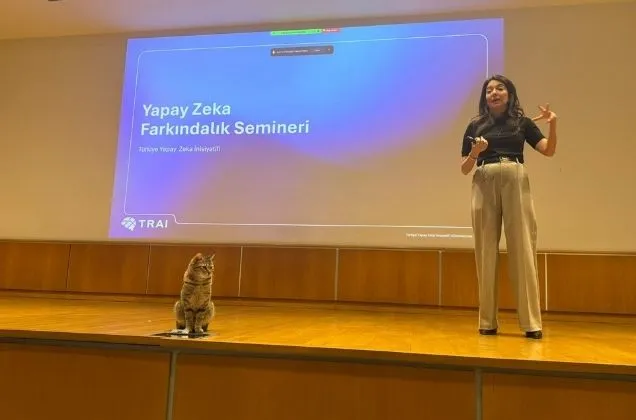04/09/2025
Assoc. Prof. Öznur Taştan, faculty member at Sabancı University Faculty of Engineering and Natural Sciences, will serve as the national coordinator from Türkiye in the ACCELERATE (Functional precision medicine platform for the treatment of pancreatic cancer) project, supported under the European Union’s TRANSCAN-3 ERA-NET Cofund program.
Pancreatic cancer is one of the most difficult cancers to treat, and to date, personalized treatment options tailored to individual patients remain unavailable. The ACCELERATE project aims to rapidly identify the most effective drug combinations for each patient through a functional precision medicine approach. Within the scope of the project, mini-tumors (organoids) will be generated in the laboratory from biopsy samples collected from patients. These organoids will be tested with different drugs to determine single-drug responses. By integrating the patient’s clinical, genomic, and transcriptomic data into artificial intelligence–based models, personalized predictions of optimal drug combinations will be made. The deep learning models developed by Assoc. Prof. Öznur Taştan’s lab and her collaborators constitute one of the core components of ACCELERATE. The functional precision medicine platform to be established through the project has the potential to significantly contribute to the development of new treatment strategies with high clinical applicability for pancreatic cancer.
The ACCELERATE project is coordinated in Italy by the IRCCS Istituto Romagnolo per lo Studio dei Tumori "Dino Amadori", with project partners including the Instituto Ramón y Cajal de Investigación Sanitaria (IRYCIS) in Spain and İ.D. Bilkent University in Türkiye.
TRANSCAN-3 is a European Union ERA-NET Cofund initiative bringing together 31 funding organizations from 20 countries. Coordinated by the Italian Ministry of Health, it supports projects with high potential impact in understanding, preventing, diagnosing, and treating cancer.




